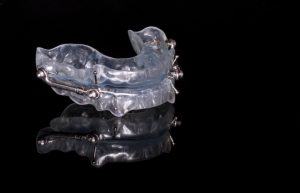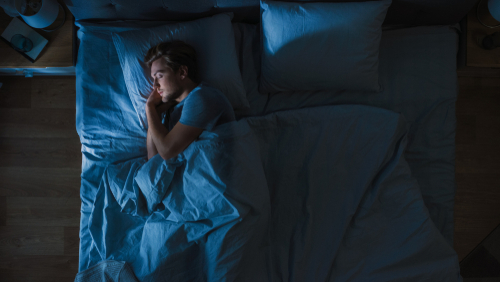How Oral Appliances Can Help Treat Sleep Apnea
While there are several treatment options available for sleep apnea, oral appliances have gained popularity as a non-invasive alternative to traditional CPAP therapy. Our Windsor, CT sleep apnea specialist, Dr. Roberta Garceau highly recommends oral appliances to improve the sleep quality of Connecticut patients in Granby, Hartford, Simsbury, and the surrounding areas.


